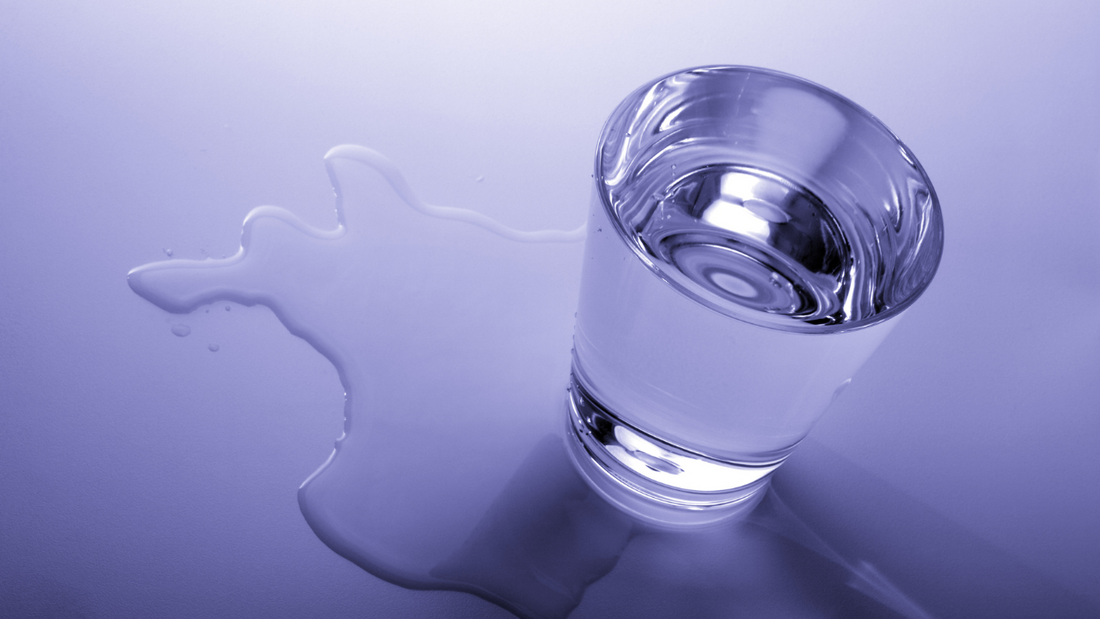Water is an essential component of our bodies, comprising a significant percentage of our overall composition. Staying properly hydrated is crucial for maintaining optimal health and well-being. In this detailed article, we will explore the importance of hydration and its impact on various aspects of our physical and mental health. By understanding the role of water in our bodies and the consequences of dehydration, we can make informed choices to prioritize hydration for our overall health.
The Role of Water in the Body
Water plays a vital role in numerous physiological functions. It serves as a crucial component of cells, tissues, and organs, helping to regulate body temperature, transport nutrients, lubricate joints, and flush out waste products. Proper hydration ensures that these essential functions can be carried out efficiently, supporting overall bodily health and functioning.
Maintaining Fluid Balance
One of the primary functions of water is to maintain fluid balance in the body. Our bodies constantly lose water through activities such as sweating, breathing, and urination. Adequate hydration helps replenish the lost fluids, ensuring that our bodies can function optimally. When we fail to replace the lost fluids, dehydration can occur, leading to a range of negative health consequences.

Physical Performance and Energy Levels
Proper hydration is essential for optimal physical performance. When we are dehydrated, our exercise performance can suffer, leading to decreased endurance, reduced strength, and impaired cognitive function. Staying well-hydrated enhances athletic performance, aids in muscle recovery, and promotes overall energy levels.
Cognitive Function and Mental Health
Hydration also plays a crucial role in cognitive function and mental health. Research suggests that even mild dehydration can impact cognitive performance, including attention, memory, and mood. Dehydration has been linked to increased feelings of fatigue, anxiety, and irritability. By maintaining adequate hydration, we can support optimal brain function and promote mental well-being.
Digestion and Metabolism
Water is essential for proper digestion and metabolism. It helps break down food, aids in nutrient absorption, and facilitates the elimination of waste through bowel movements. Insufficient hydration can lead to digestive problems such as constipation and poor nutrient absorption. Drinking enough water supports a healthy digestive system and promotes regularity.
Body Temperature Regulation
Water plays a vital role in regulating body temperature. Through the process of sweating, our bodies release heat and cool down. Inadequate hydration impairs the body's ability to regulate temperature, leading to an increased risk of heat-related illnesses such as heat exhaustion or heatstroke. Staying well-hydrated helps maintain a stable body temperature, especially during physical activity or exposure to high temperatures.
Healthy Skin and Appearance
Proper hydration is essential for maintaining healthy skin and a youthful appearance. Water helps to moisturize the skin, improve elasticity, and promote a radiant complexion. Dehydration can contribute to dry skin, increased wrinkling, and a dull complexion. By staying hydrated, we can support the health and vitality of our skin.
Weight Management
Drinking water can also aid in weight management. Water has no calories, yet it provides a sense of fullness and can help curb appetite. Choosing water over sugary drinks or high-calorie beverages can contribute to weight loss or maintenance goals. Additionally, proper hydration supports optimal metabolic function, ensuring that our bodies can efficiently utilize energy from food.
Disease Prevention
Maintaining proper hydration has been associated with a reduced risk of several chronic diseases. Studies have shown that adequate hydration can lower the risk of conditions such as kidney stones, urinary tract infections, constipation, and even certain types of cancer. By prioritizing hydration, we can take proactive steps towards disease prevention and overall health promotion.

Hydration Guidelines
So, how much water should you drink? While individual hydration needs vary based on factors such as age, activity level, and climate, a general guideline is to aim for about 8 cups (64 ounces) of water per day. However, it's essential to listen to your body's signals of thirst and adjust your intake accordingly. Additionally, factors like exercise, exposure to heat, and certain medical conditions may increase your hydration needs.
Hydration For Overall Health
The importance of hydration for overall health cannot be overstated. Water is the essence of life, and ensuring adequate hydration is crucial for maintaining optimal well-being. Throughout this detailed article, we have explored the various ways in which hydration impacts our physical and mental health.
From supporting vital physiological functions to enhancing physical performance, cognition, digestion, and metabolism, water plays an integral role in our bodies. It helps regulate body temperature, facilitates nutrient absorption, flushes out toxins, and promotes healthy skin. By prioritizing hydration, we can optimize our body's functioning and promote a sense of vitality and balance.
Moreover, staying hydrated goes beyond quenching thirst. It is a proactive approach to disease prevention and long-term health. Research has shown that proper hydration reduces the risk of chronic conditions such as kidney stones, urinary tract infections, and certain types of cancer. By nourishing our bodies with water, we empower our immune system and support the body's natural defense mechanisms.
In a world filled with distractions and temptations, it is crucial to prioritize hydration and make it a daily habit. However, it's important to note that everyone's hydration needs may vary based on individual factors. Factors such as age, activity level, climate, and certain medical conditions can influence our hydration requirements. Therefore, it is essential to listen to our bodies' signals of thirst and adjust our water intake accordingly.
To ensure adequate hydration, a general guideline is to aim for about 8 cups (64 ounces) of water per day. However, it's equally important to be mindful of our body's cues and increase our intake when needed. Engaging in physical activity, spending time in hot climates, or experiencing illness may warrant increased hydration.
As you embark on your journey towards optimal hydration, consider incorporating habits that support healthy hydration practices. Carry a reusable water bottle with you, set reminders to drink water throughout the day, infuse your water with fruits or herbs for added flavor, and choose water as your primary beverage. By making hydration a conscious part of your lifestyle, you can reap the benefits of increased energy, improved mental clarity, and overall well-being.
Remember, hydration is not only a physical necessity but also an act of self-care. Prioritize your health by staying hydrated, and inspire those around you to do the same. Together, we can create a culture that values and prioritizes hydration, paving the way for a healthier and more vibrant future.
So, let us raise our glasses to the power of water and its remarkable impact on our bodies and minds. Cheers to a life of optimal hydration, vitality, and well-being!

